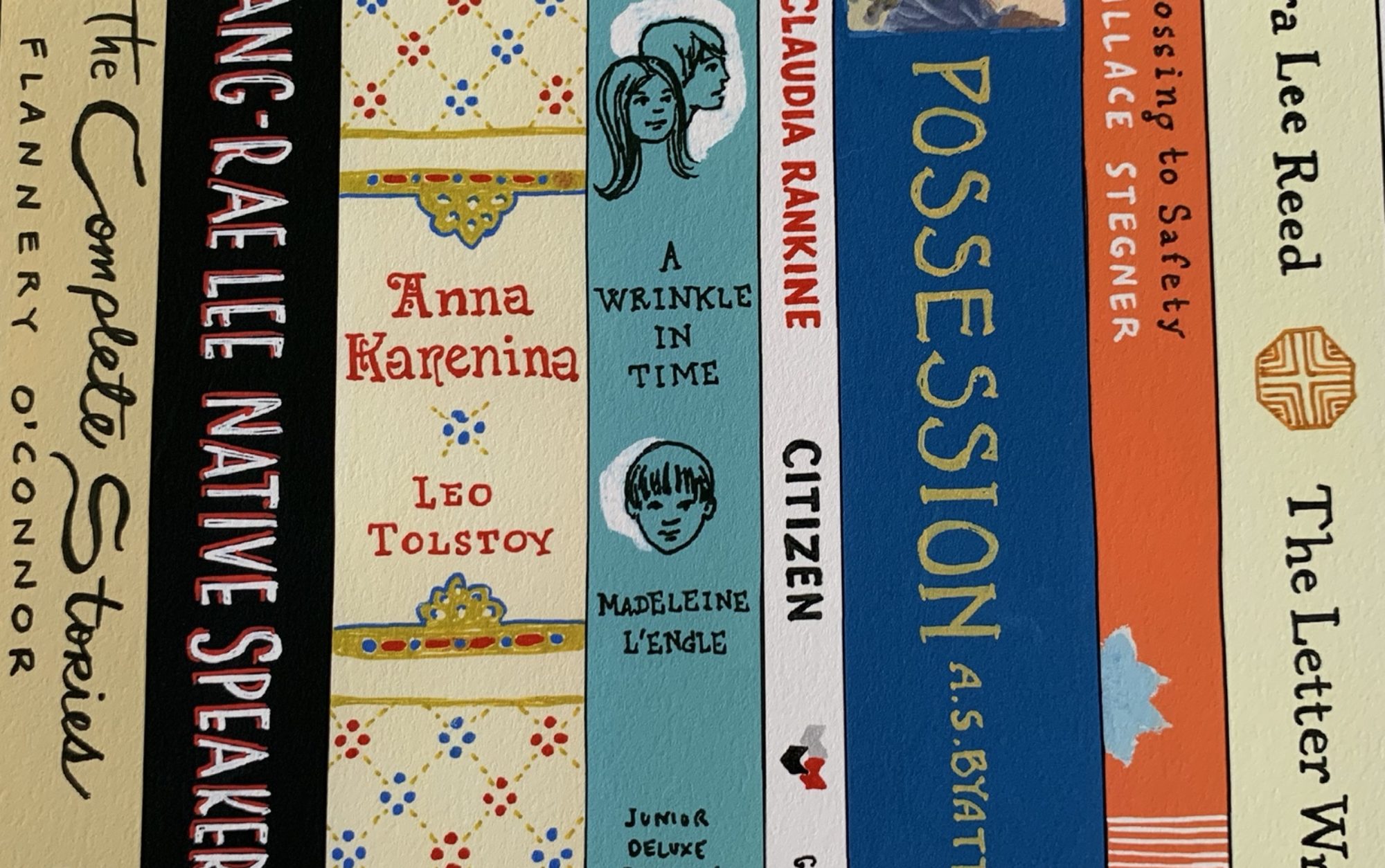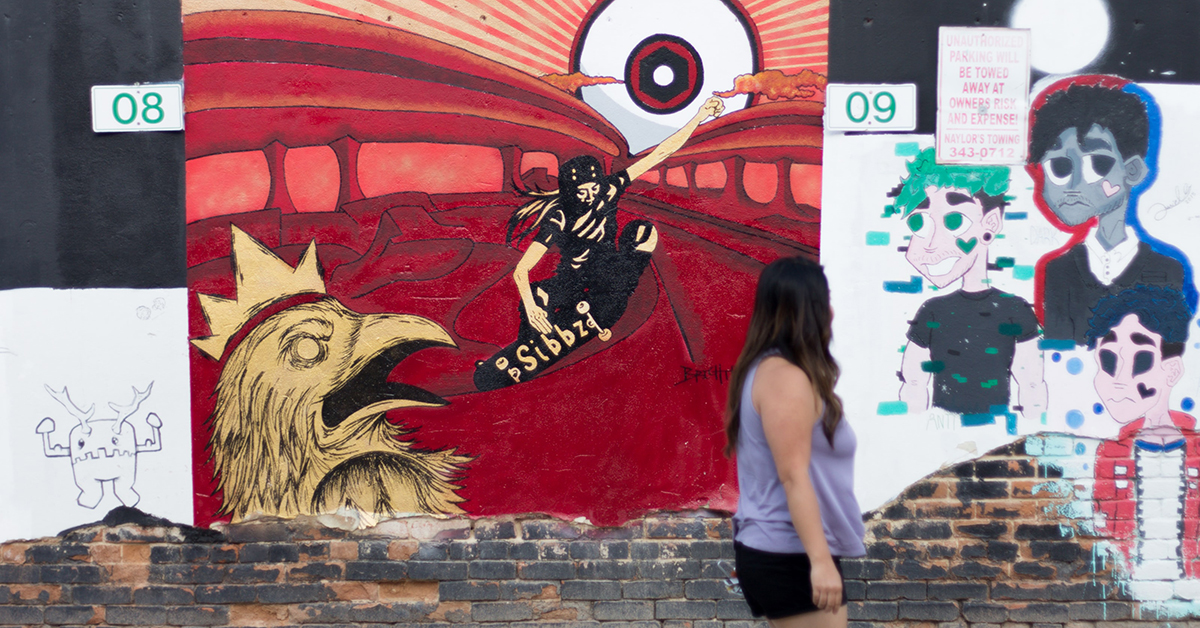As I was a child growing up in Los Angeles, school taught me about the internment of Japanese-Americans during World War II. Even more than any particular history lesson, I remember my feelings in response, a feeling I only ever dared articulate among other Korean-Americans. Yes, the internment of Japanese-Americans was bad, but not nearly as bad as what Japan did to Korea. As an immigrant from Korea with parents who had lived through the occupation, I’d heard chilling stories of what life had been like under Japanese rule. I felt utterly justified in my feelings.
I’ve been thinking about this in light of the uptick in violence and hate speech against Asian- Americans (and around the world) in the era of COVID-19. I read an excellent piece by Cathy Park Hong in the New York Times Magazine and then did something I rarely do—would caution any sane person against doing—I scrolled down past the end of the article to the comments.
Why did you do that? I can see you waving your arms as a warning. Go back! Go back! Are you crazy?
Why did I venture into the intellectual cesspool that is the comment section? In my defense, I’ll say that I’d deeply resonated with Park Hong’s piece and—in a moment that I now see was naïveté—I wondered how it had resonated with my fellow Americans. Maybe I would see lightbulbs going off. Some understanding, some compassion.
There were a variety of comments, some interesting, some loopy. But in response to the disturbing, violent, often-criminal acts against Asian Americans, I noted two themes emerging along the lines of: “Yes, I hear what you’re saying, but…”
- China. Commenters brought up China, geopolitics, wet markets, and pangolins. Why? For the same reason people act out against Asian Americans in the first place. America sees Asian Americans as perpetual foreigners. It doesn’t matter how many generations a person has lived in the United States. It doesn’t matter how hard-working, self-sacrificing, or accomplished a person may be. When push comes to shove, Asians are foreign.
- African Americans and Latinx folks have it worse. As Park Hong writes in her excellent book of essays, Minor Feelings, racism isn’t a “competitive sport.” But America often treats it like it is.
The comment section of that article felt like it had a particular and menacing message for me and all other Asian Americans: be quiet and stop complaining. Did the commenters really mean it that way? Or was it my own internalized racism that makes me receive it so? Both? Does it matter?
I am ashamed of my coldness toward the suffering of Japanese Americans during World War II. I was bigoted and prejudiced. I felt enraged and helpless about what Japan had done to Korea and used those feelings to justify the hardness of my heart toward the suffering of my fellow Americans, my fellow human beings. That was my personal, individual wrong.
Now I also wonder how much, as a young person, I had already begun swimming in American waters: Asians are perpetual foreigners. Victims are to be pitted against one another. There is always a new way to justify racism.

